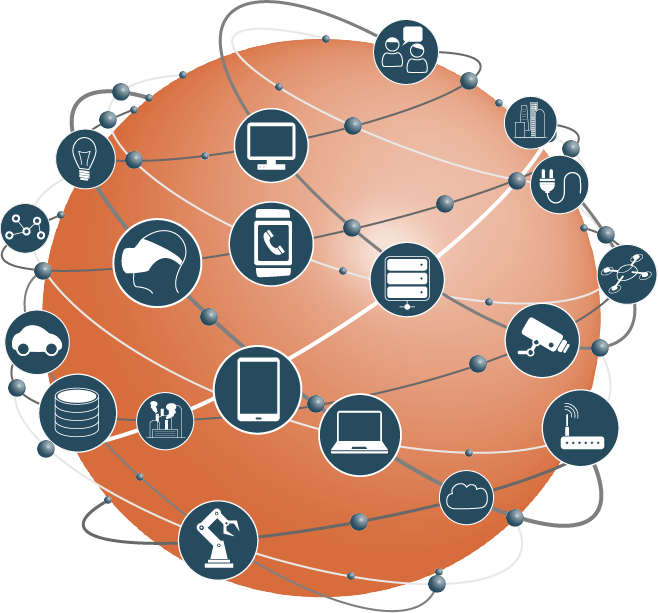Dedicated: Sandbox
The Sandbox license is only intended for development and cannot be used for a production environment.
Dedicated: Medium
The Sandbox license is only intended for development and cannot be used for a production environment.
Dedicated: Large
The Sandbox license is only intended for development and cannot be used for a production environment.
Dedicated: Unlimited
The only limit to Dedicated Unlimited is your hardware. The platform has been benchmarked to exceed 1 Million transactions per hour.
Dedicated: Development
Dedicated Development allows you to develop integrations safely and automatically deploy to your production platform. A production license is required.
Dedicated: Worker
Dedicated Worker servers allow you to scale your integration solution by adding servers to your Production license.
Licensed for production
Only Production Licenses can be used in a production enviroment. Development and Sandbox licenses cannot be used for processing production data.
Basic apps
Click on "Basic apps" to get a list of all Basic Apps.
Professional apps
Click on "Professional apps" to get a list of all Professional Apps.
Business apps
Click on "Business apps" to get a list of all Business Apps.
Enterprise apps
Click on "Enterprise apps" to get a list of all Enterprise Apps.
Number of accounts
Number of total accounts that can be created with the Dedicated license. Accounts on Dedicated are like subscriptions on APIANT.com Each account can connect apps, create automations and even endpoints with the Assembly Editor. Accounts can have different permission roles, including the ability to switch between accounts.
Maximum apps connected
This number represents the maximum amount of apps you can connect on your Dedicated server. Each app counts as 1 connection (ie, Netsuite, Sage Intaact, etc.)
Maximum connections per app, per account
This number represents the maximum amount of connections for each connected app, for each account on the Dedicated server.
Automations
Automations drive your automated workflow. They may run automatically when an app pushes data, periodically based on polling frequency or on a schedule you determine.
Polling Frequency
Unless scheduled or triggered by an app pushing data, automations run automatically every few minutes according to the polling frequency. For PRO plans and above, the polling frequency can be increased (additional charges apply).
Support
Customer support is available from Monday through Friday 9am-6pm EST via email.
Email Support
Support tickets will be responded to within 48 hrs.
Priority Support
Support tickets will be responded to within 24 hrs.
VIP Support
Support tickets will be responded to within the same business day or next morning if filed after 2pm EST. Screen sharing capability will be offered when necessary.
Tasks per Month
Each time one of your automations takes an action (i.e. create a Google Sheet row), a task is counted and deducted from your total tasks per month allotted in your plan. You will receive email notifications when you reach 75% and 90% usage of your total tasks per month.
500 Tasks
With 500 tasks you can...
4,500 Tasks
With 4,500 tasks you can...
20,000 Tasks
With 20,000 tasks you can...
30,000 Tasks
With 30,000 tasks you can...
Web Services
Developers can invoke assembly wiring diagrams via URL's, passing query parameters and/or a POST body payload like JSON or XML. Web services allow developers to quickly build API integrations visually with the assembly wiring editor and use those integrations easily from other systems.
Batch Jobs
Your assembly wiring diagrams can be saved as batch jobs that will be executed based on a schedule you configure.. You will receive email notifications when you reach 75% and 90% usage of your total batch jobs per month.
Two-way sync endpoints
Endpoints (triggers and actions) can be specifically built to establish a bi-directional integration between apps. Two-way sync trigger endpoints need to be paired with two-way sync action endpoints.
Automation versioning
Every time you save a change to an automation in the Automation Editor, you can create a new version giving you the ability to restore your automation to a previous version with a click.
Lookup tables
Lookup tables are like data transalators between applications. For example, High Priority may be 1 in one application and 3 in another. Lookup tables lets you pre-configure these eventualities.
Triggers and Actions
A trigger starts an automation and an action is what an automation does. With multiple triggers and actions, your automations can do a lot!
Tailored Integrations
Your business rules may not fit perfectly within the out-of-the-box App features. But don't worry, because we can custom build your integration for you and automate your workflow, no matter how complex it might be. Custom development cost may apply.
Custom Development
Let the best API integration developers in the business (our Dev Team) build your custom integration for you! Utilizing APIANT's powerful platform, many complex integrations take less than 5 hours to complete.
History Logs
With History Logs you'll be able to view every single granular detail of your automations running. An essential tool when developing complex integrations.
Automation Editor
The Automation Editor is where triggers and actions are assembled to build sophisticated automations.
Assembly Editor
The Assembly Editor is simply the most powerful API integration tool on the market. With some basic technical skills and understanding of data processing the possibilities are endless. This is the tool our developers use to build your tailored integrations. No coding is required!
Multi-tenancy
Create isolated versions of the platform on your server, each serving multiple accounts.
Apps
We have more than 250 apps you can connect together with more added every week.
Automations Timeout
The more complex your automations are, the longer they take to run. The bigger the timeout, the more time your automations have to finish the job.



